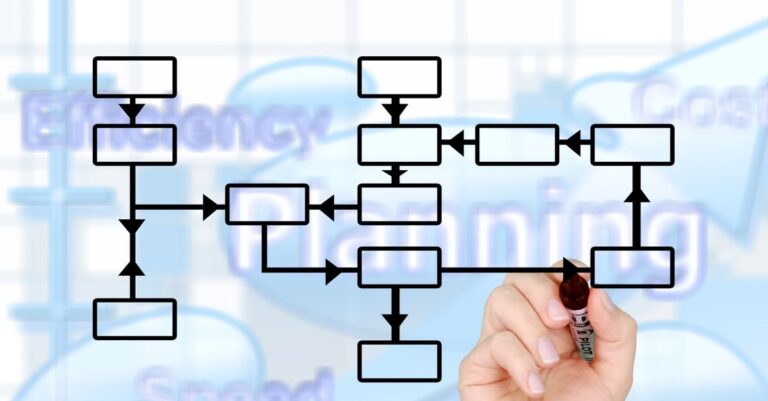Have you ever had a great idea that didn’t go anywhere? That’s been my experience on many occasions. I didn’t always transform ideas into action. During my coaching conversations with my School Principal, Stephanie Gounder, I realized that my follow-through was dependent on my comfort in the subject matter. The ideas I didn’t follow through with were ones related to areas outside of my comfort zone, and ones I avoided.
Reflecting on How to Transform Ideas Into Action
Meeting with Stephanie helped me embrace the discomfort and be prepared to tackle any project or issue. She pushed me by asking questions, such as:
- What steps do you need to take to accomplish your goal?
- What can you commit to and by when?
Over time, I became more comfortable with the idea of diving into foreign concepts by keeping several key elements in mind.
Strategies to Help You Transform Ideas Into Action
Involve the appropriate stakeholders
I think about a specific matrix anytime I am trying to figure out who I should include in particular projects. It is called the Hoy & Tarter Model of Shared Decision Making1 and it crosses an individual’s relevance to a specific project vs. their expertise in the field.

Everything needs to have (a) clear outcome(s)
Whether you are planning an event or coordinating an initiative, you need to think about what you are trying to accomplish. You can think about the following when coming up with an outcome: What feelings do you want people to have during or after the event? Why is it important to have the event? Is there any knowledge that you want people to gain from the event? Is there anything tangible that you want people to take from the event?
Every action item has to have a clear owner and due date
Regardless of the task, everything has to have a specific owner and due date. Action items without owners or due dates are meaningless.
Calendar your meetings
Everything needs to be scheduled with all the appropriate stakeholders. Something that is not on a calendar is much less likely to get accomplished.
Have a Growth Mindset to Transform Ideas Into Action
Upon further reflection, I realized that I lacked confidence around my abilities to plan. I told myself I wasn’t a good planner and it wasn’t a strength of mine. Deliberate practice and engagement within my coaching conversations with Stephanie reinforced the fact that everything can be taught and learned. Some things may take more time to learn than others, but that doesn’t mean it won’t happen. What I’ve learned thus far is but the tip of the iceberg, but I am more confident than ever that I can and will gain the skills to be an effective planner.
1Hoy, W. K. & Tarter, C. J. (2008). Administrators solving the problems of practice: Decision-making cases, concepts, and consequence, 3rd edition. Boston: Allyn & Bacon.



